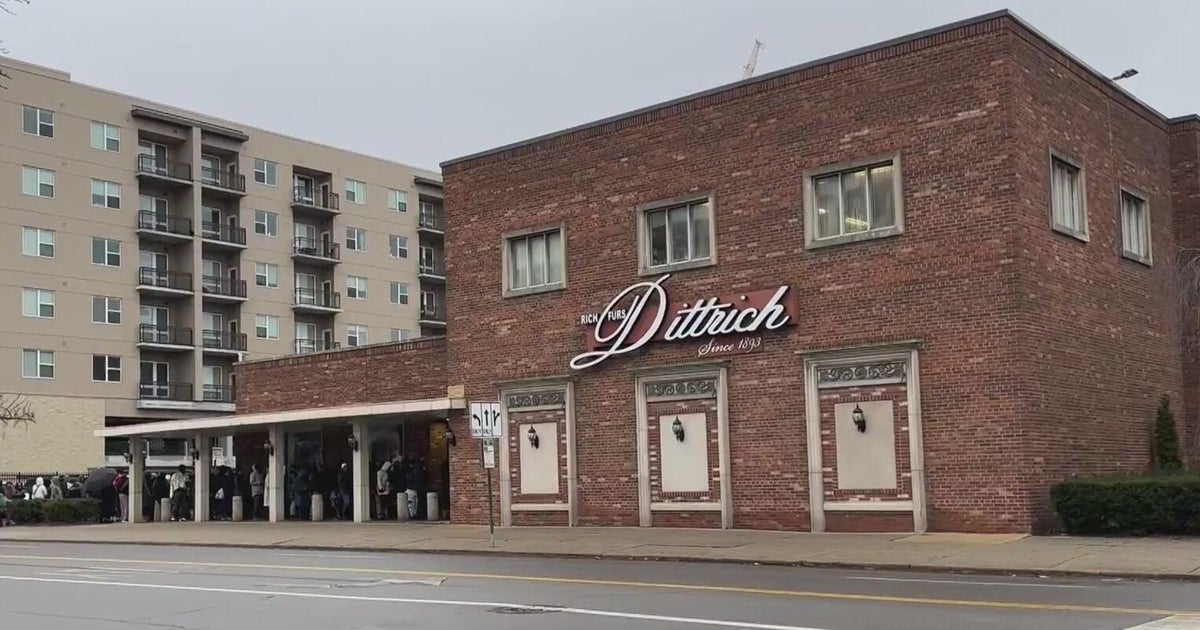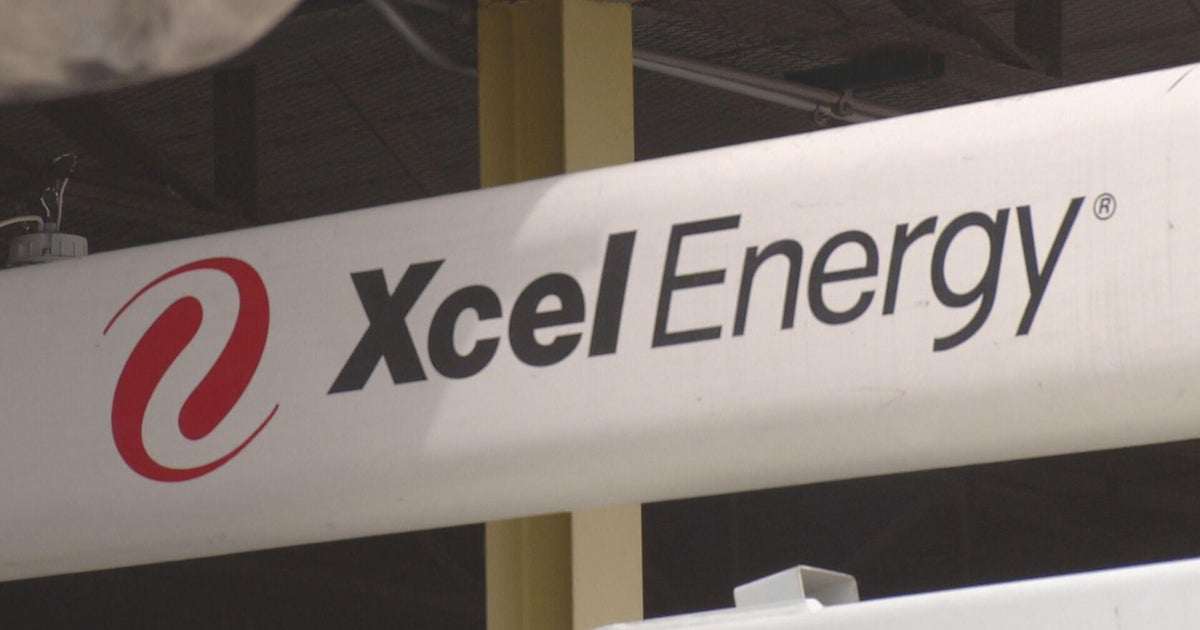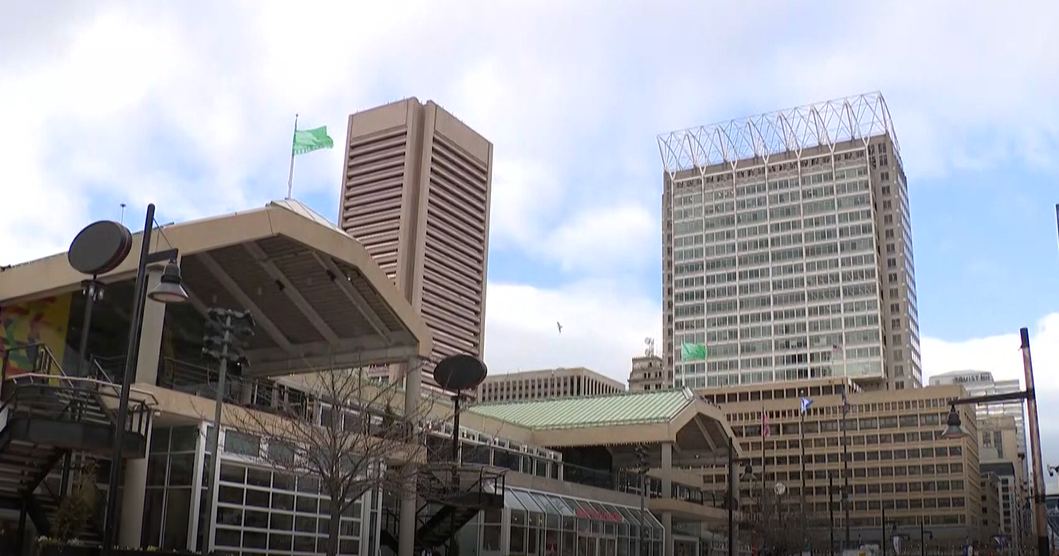More retail stores already set to close than in all of 2018
- Not even midway through 2019, more retailers are scheduled to close this year than in all of 2018, according to Coresight Research.
- The latest to fold is women's clothing retailer Dressbarn, which said this week that it will close all 650 of its stores.
- Mark Muro of the Brookings Institution warns that mass retail industry layoffs will accelerate.
Although the U.S. has enjoyed solid economic growth this year, the retail industry continues to struggle. More retailers have closed so far this year than in 2018, according to Coresight Research — 7,000 stores are set to shut down, versus 6,000 in all of last year.
The latest to fall — women's clothing chain Dressbarn, which announced this week that it's closing all 650 of its stores. The money-losing business, launched in Stamford, Connecticut, in 1962, had lost customers, sales and marketshare after owner Ascena Retail Group failed to invest in the brand, one analyst said.
Ascena, which also owns Ann Taylor and Lane Bryant, said it wants to focus on its more profitable brands. Dressbarn lost out to rivals by failing to cater to younger shoppers or families, with rivals such as Target and H&M winning over customers, GlobalData Retail analyst Neil Saunders wrote in a research note.
"Ascena really never invested in Dressbarn and let it stagnate to the point where it has become completely out of touch with the needs of modern shoppers," he said. "Even the name now feels old-fashioned and dull."
Jobs "going away"
Dressbarn's collapse means it's roughly 6,800 employees could soon be out of work. Heavy job losses across the retail sector could be disruptive for the U.S. as a whole, according to Mark Muro, senior fellow at the Brookings Institution and a technology expert.
"We know that physical retail jobs are going away," he told CBSN, citing the impact of ecommerce on brick-and-mortar stores. "We see the shuttered storefronts, but we're losing track that this is a major social change for the country."
To survive, retailers must focus on activities that people do best, such as provide superior customer service, while also investing in things like new ways of delivering goods. Said Muro, "Retail needs to do what the machines can't do, so the machines should expedite checkout, expedite cashiering — those activities, those sort of mundane aspects, often the irritating aspects, need to go away."





